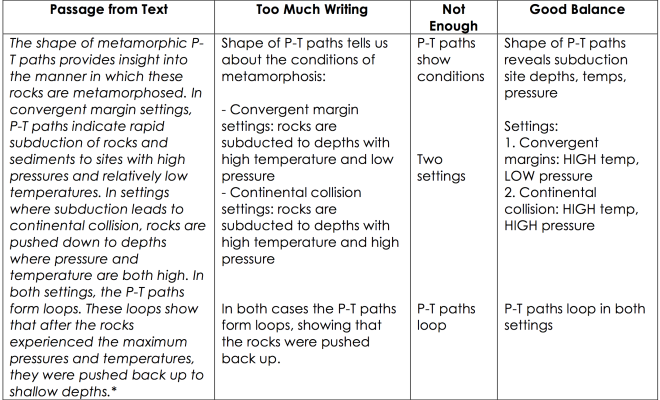The Best Ways to Annotate When Reading

Annotating while reading is a powerful strategy that can enhance comprehension, retention and engagement with the text. Whether you are a student preparing for exams, a researcher analyzing literature, or simply a book lover wanting to deepen your understanding of what you read, annotation can be immensely beneficial. Here are some of the best ways to annotate when reading:
1. Highlighting Key Points – Use different colored highlighters or underline text to mark important ideas or concepts that stand out in the document.
2. Marginal Notes – Write brief notes in the margins to summarize key points, ask questions, or draw connections with other concepts.
3. Symbols and Abbreviations – Develop a system of symbols and abbreviations that you use consistently to mark passages for review, ideas you agree with or disagree with, and questions you have.
4. Summarization – At the end of each chapter or section, write a brief summary in your own words to capture the main points of what you’ve read.
5. Reflections – Jot down personal reflections on how the material relates to your own experiences or knowledge.
6. Questions – Formulate questions as you read to foster deeper investigation and understanding of the text.
7. Outlining – Create outlines from the material to visualize how different topics are organized and relate to one another.
8. Post-it Notes / Bookmarks – Use sticky notes for comments or questions that you can place directly on specific pages without marking up the book significantly.
9. Dialogue with the Author – Write as if you were in conversation with the author. Challenge their claims, support them with your own insights, or expand on their ideas.
10. Vocabulary Expansion – Write down new terms and their definitions in a notebook or on the page itself to enrich your vocabulary.
In conclusion, effective annotation is not about how much ink you put on the page but about engaging thoughtfully with the text. Find a method that works for you and be consistent with it. Over time, annotating will become second nature, and your ability to understand and analyze complex material will improve significantly.


